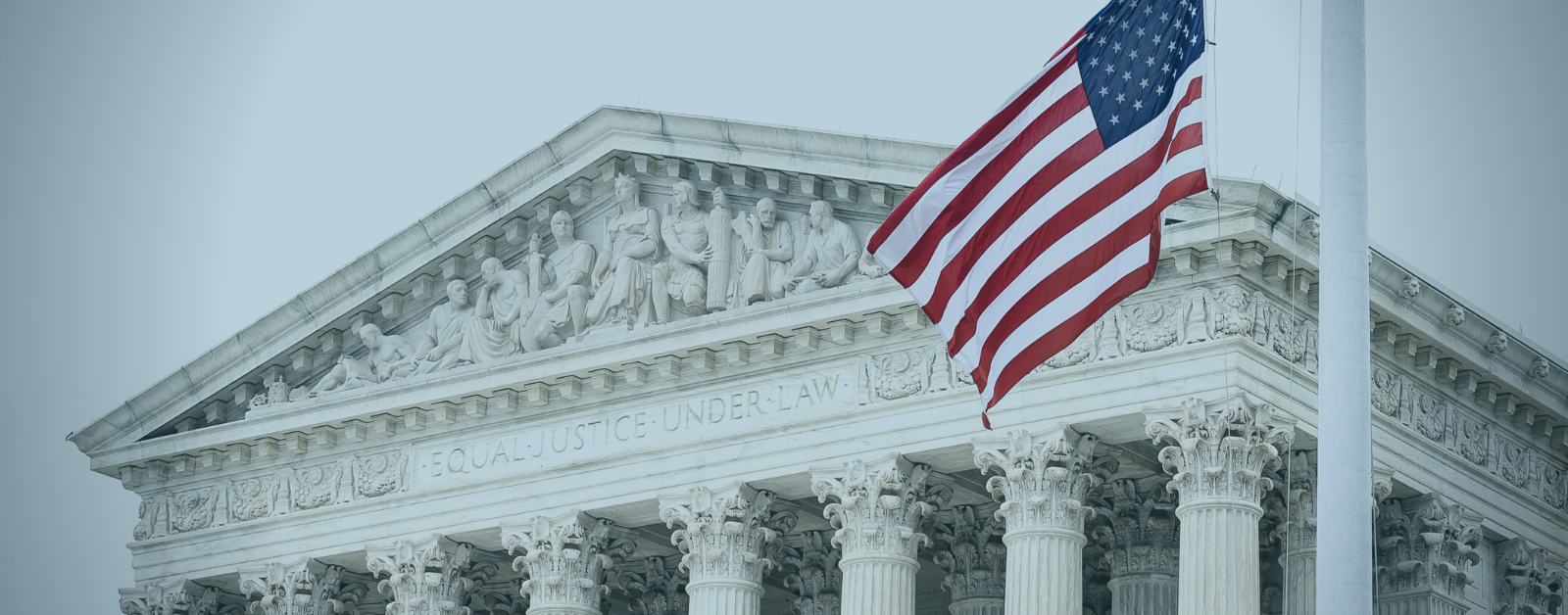I’m a white woman who went to an Ivy League school. I’m pretty sure my grades and leadership positions in high school meant that I “merited” a spot in that school. I’m also sure it made a difference that I come from a family with the ability to pay fully for my college education. That’s not to mention the fact that my grandfather went to the same Ivy League school fifty years earlier. I’m the product of that other form of affirmative action, the non-technical type that affirms me as a legacy, as a white person, and as a wealthy one, with all the advantages those things confer.
After the Supreme Court’s Decision on Affirmative Action
Now that the Supreme Court has made its decision, the question comes back to us on a local level.
- Are we supporting local measures that give kids from low-income families the education they deserve from an early age?
- Are we taking steps that move us toward not only diversity but diverse communities?
- Are we not only welcoming people from outside the insider group but also recognizing that to welcome means to change, not to ask others to assimilate?
In recent years, my alma mater, Princeton, has increased the number of admitted students who are the first in their family to go to college, and they have increased the number of students eligible for Pell grants. Functionally, what this means is an increase in students who are the first in their family to attend college, an increase in self-identifying people of color, and a decrease in children of Princeton alum as well as full-pay and meritocratically eligible white kids.
In other words, it is far harder for my kids to get into Princeton than it was for me. I’m good with that.
I don’t know whether the Supreme Court was right or wrong on the merits of this case. I do know that we all lose when we maintain structures and policies that allow wealthy (which, statistically speaking, disproportionately means white) students to fill up college classrooms. But the Supreme Court’s decision does not need to dictate the diversity within our schools. We all can take small steps to make our society a more just and equitable place where all students have access to education, employment, and belonging.
More with Amy Julia:
- In the Wake of the Supreme Court’s Decision, The Lord’s Prayer
- A Black Woman on the Supreme Court
- S6 E22 | Why Stories of Hope Subvert Racism with John Blake
- To Tell the Truth on the 4th of July
Subscribe to my newsletter to receive regular updates and news. You can also follow me on Facebook, Instagram, Twitter, Pinterest, and YouTube, and you can subscribe to my Love Is Stronger Than Fear podcast on your favorite podcast platform.



